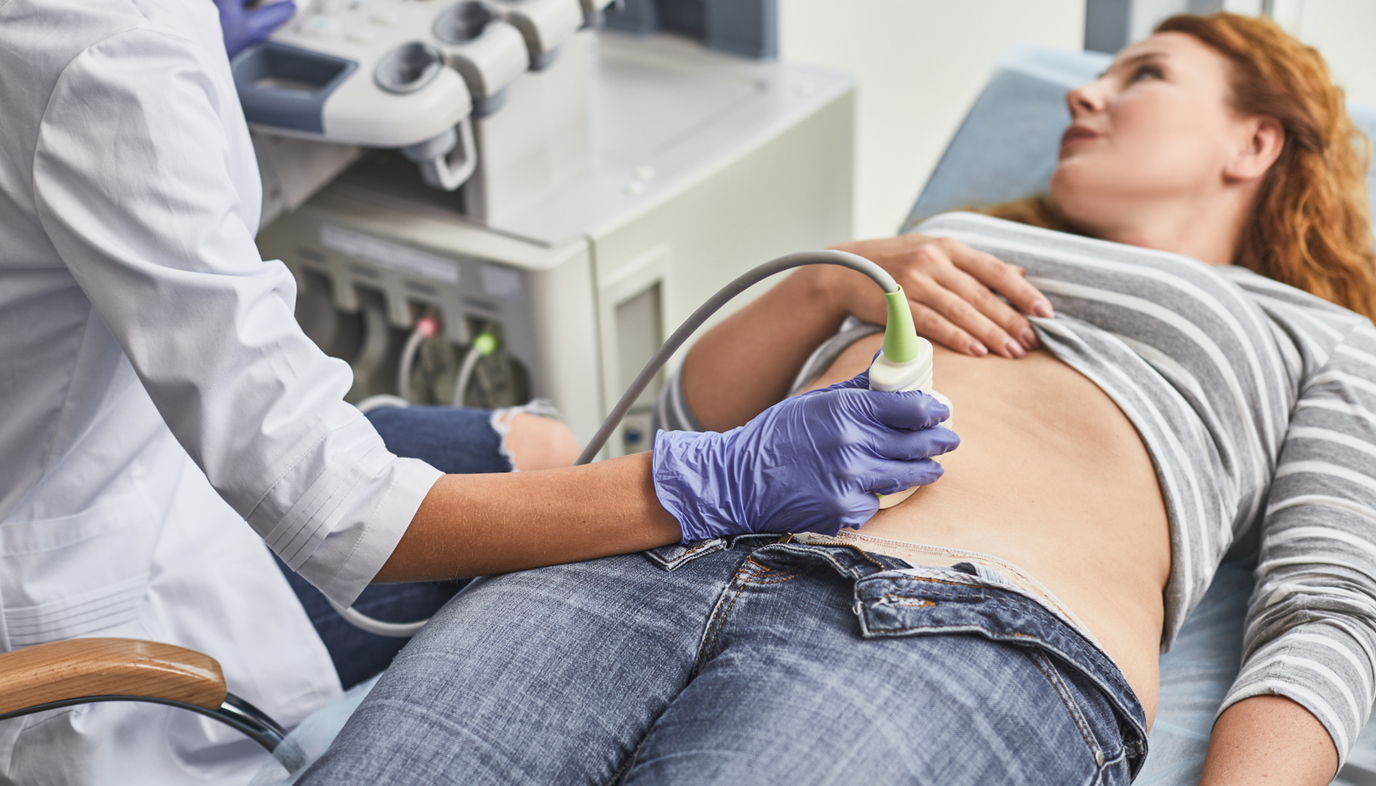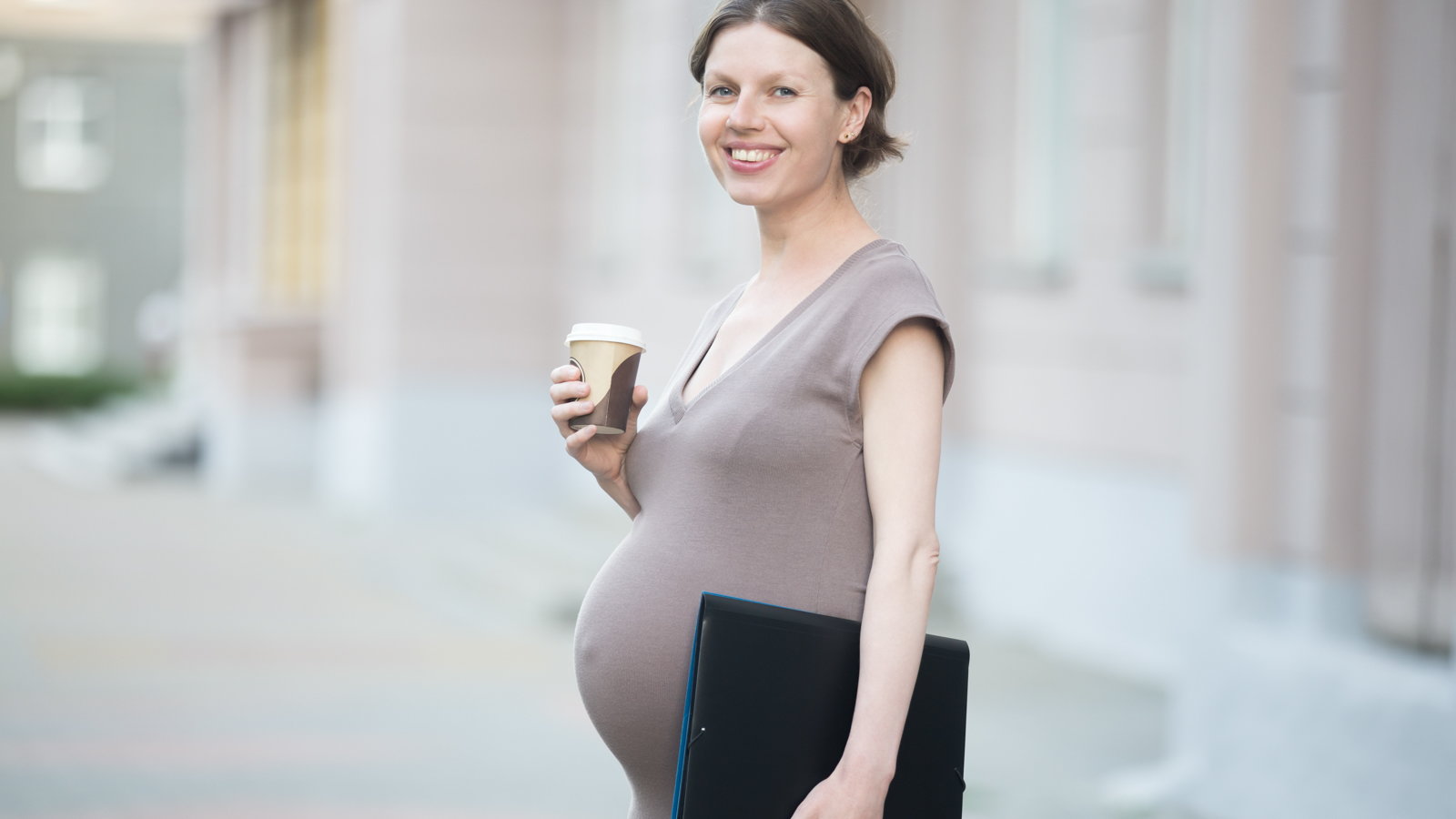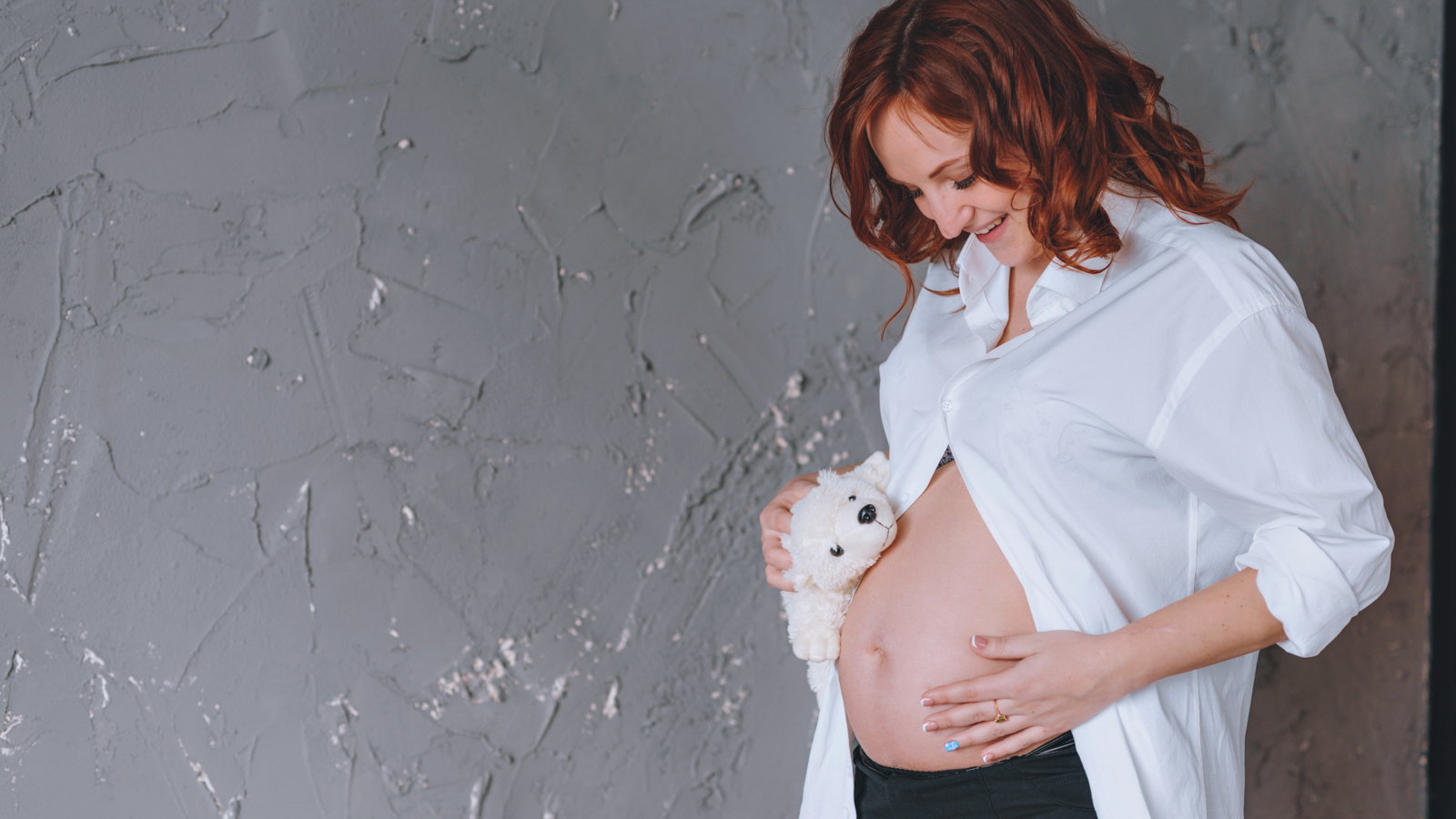
There are a lot of perks to growing older. Your car insurance costs will go down. You'll probably be able to afford more of life's luxuries. You'll have spent some time getting to know yourself, so your self-confidence is probably much higher than it was in your 20s. Most women view growing older with a healthy measure of respect for how far they've come in life. However, there are some drawbacks, too. Crow's feet aside, as your body ages, a number of physical aspects are affected, like your fertility.
If you have waited until you were older to get pregnant and have had trouble conceiving, there are some special considerations to think about. Your age doesn't necessarily mean you can't get pregnant or that there are too many risks to make it realistic. Age does, however, affect fertility and pregnancy in ways that matter to your health and the health of your baby.
Pregnancy in Your 20s
Women in their 20s are at the optimal age for conception and pregnancy. Eggs are still young, and your body has the youth, flexibility, hormones, and other necessary components to carry a healthy pregnancy to full term. Aside from any underlying health issues, most women in their 20s can conceive without any problem, usually within six months of trying. Most women in their 20s can have several successful pregnancies within that decade, even close together, without detriment to themselves or their babies. The rate of miscarriage is at its lowest in this decade, as is the risk of birth defects.
Pregnancy in Your 30s
Fertility begins to decline around age 30 for most women, as eggs begin to age. Unlike sperm, which replenishes, a woman is born with a finite number of eggs, all the eggs she'll ever have, and they age as she ages. If you need fertility treatments to conceive in your 30s, this is a good age for success. Most women in their 30s need tests run to detect birth defects because this is when those rates increase. For example, the rate of miscarriage rises slightly, as do rates for babies born with chromosomal abnormalities (1 in 385 births). If you're having trouble conceiving in your 30s, most doctors suggest trying for a year before worrying, because conception can take longer as you age.
The need for a c-section doubles for women in their 30s, as does the rate for multiple births (i.e., twins), as egg production can be sporadic and unpredictable.
Pregnancy in Your 40s
More and more women are having children in their 40s, and the risks are not what they used to be. Your doctor will most likely want to run tests to determine the genetic health and formation of your baby. Before you conceive in your 40s, you should have your doctor examine your health to make sure your body can safely carry a child to term. Many women need medical intervention to conceive past age 40 as the likelihood of natural conception in this age range is only five percent. There are a number of complications that older women have in pregnancy that stem from things like the age of your skin to your fitness level to the health of your vagina and uterus, among other things.
Not getting pregnant while you are younger is not the end of the world, nor the end of your dreams of having a baby. As medicine and technology evolve, women are getting pregnant well into their 40s. However, there are unique considerations that need to be addressed. Your doctor should advise you and help assess your health, at any age, before you try to conceive.


